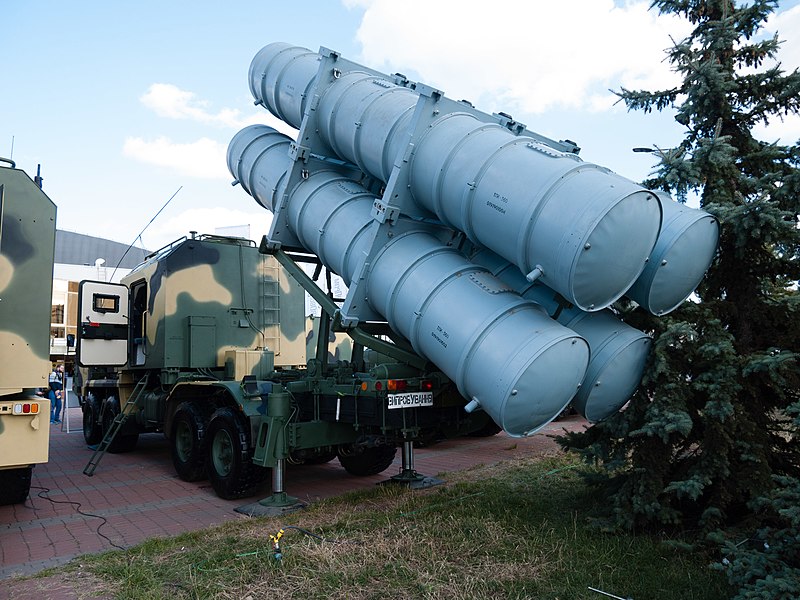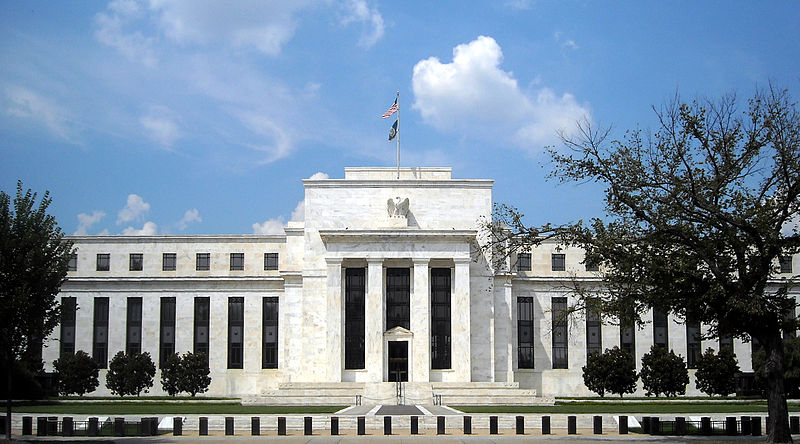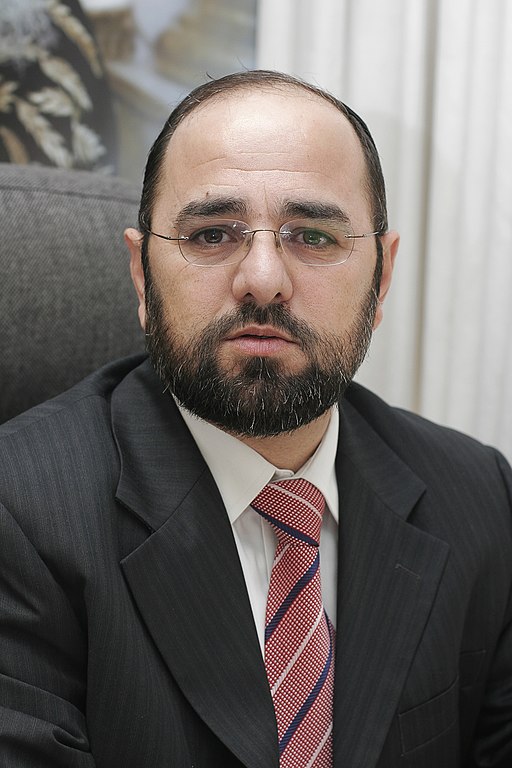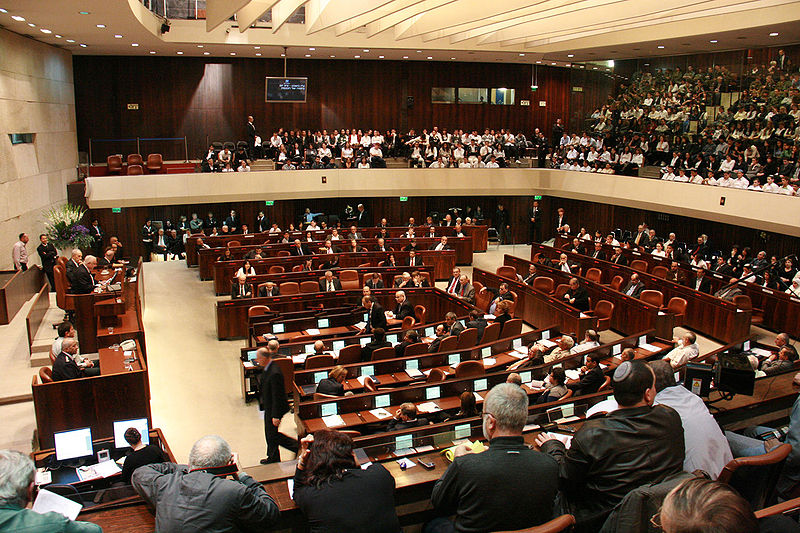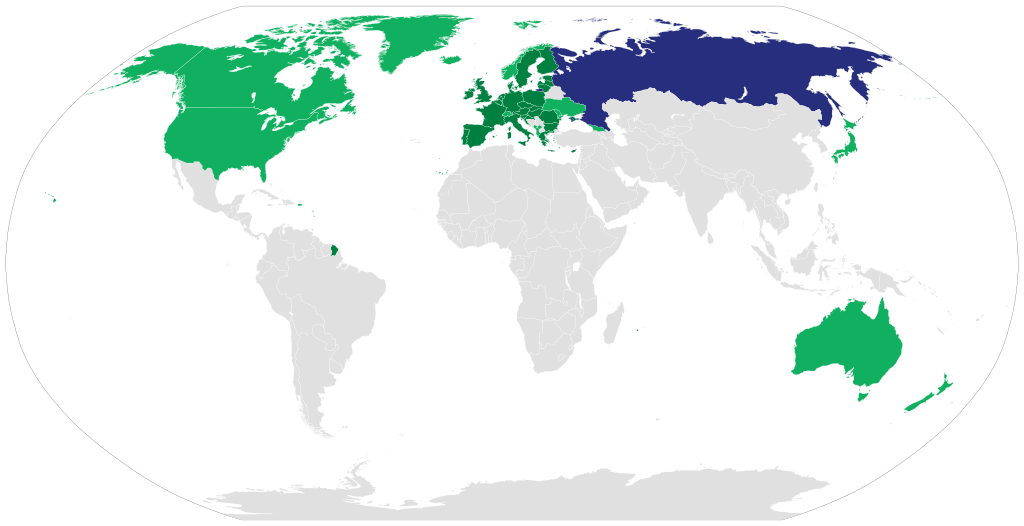
To Join, To Defect, Or To Reject: What April’s Elections Reveals About International Coalitions On Russia
As the European Union (EU) and the United States continue their sanction regimes against the Russian Federation over its war in Ukraine, it is important to gauge whether the public supports these various measures. Sanctions are an imperfect instrument of foreign policy and often carry two-way costs. More often than not the declared object of sanctions fails to be met. One such example can be seen in the Russian currency, which was touted as worthless when sanctions first kicked in, yet as of the writing of this article, the Ruble has rebounded in value to its pre-sanctions levels, and Putin’s popularity has skyrocketed to over 80 percent since March. Neither regime change in Russia nor severely undercutting Russia’s ability to conduct the war has yet to be achieved. Whether there are rejections or potential defections from the pro- or anti-Russia sanctions coalition in terms of who the public decides to elect is vital to see if the sanction regime will expand, stagnate, or fall apart. The Hungarian, Serbian, and French elections in April illustrate the limited extent of public support for the costly anti-Russia sanctions, and in Pakistan, the ousting of former prime minister Imran Khan presents the possibility for a potential defection toward the West’s sanctions regime. In the case of France it should be noted that at the time of the writing of this article that the sole election available to be analyzed was the first round of their presidential elections.


